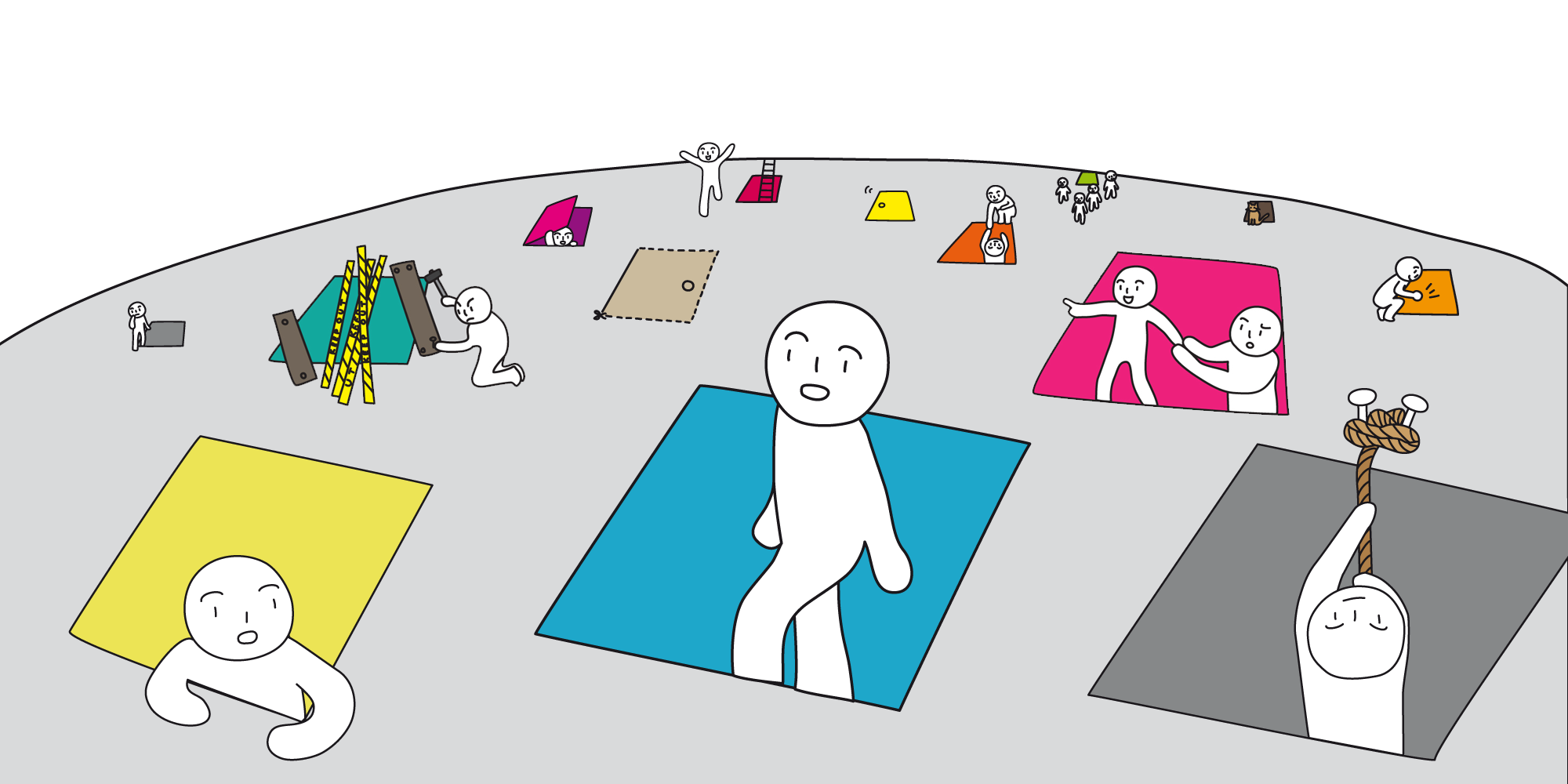artificial intelligence
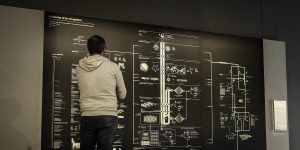
Anatomy of an AI System
Vladan Joler (RS), Kate Crawford (AU)
Anatomy of an AI uses the example of Amazon Echo to show the countless components and factors behind the production of artificial intelligence systems. But this process is so complex that its full extent can hardly be comprehended.
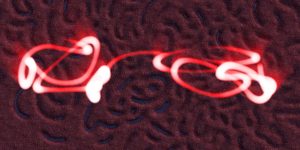
nimiia cétiï
Jenna Sutela (FI)
The project uses an AI as a medium to channel messages from Bacillus subtilis nattō, an extremophilic, probiotic bacterium and a possible Martian.
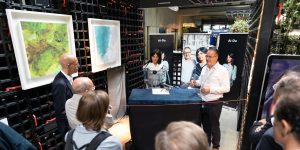
Ai-Da Robot Artist
Oxfordians (UK, INT), Aidan Meller (UK), Lucy Seal (UK)
Ai-Da ist der weltweit erste ultrarealistische KI-Künstlerroboter. Sie kann zeichnen und ist Performance-Künstlerin. Als Maschine mit KI-Fähigkeiten ist ihre Künstlerpersönlichkeit selbst das Kunstwerk, ebenso wie ihre Zeichnungen, Performancekunst und kollaborativen Gemälde und Skulpturen. Sie ermutigt uns, über ethische Fragen bei der Entwicklung neuer Technologien nachzudenken.

Anatomy of an AI System
Kate Crawford (AU), Vladan Joler (RS)
Anatomy of an AI System is a large-scale map and long-form essay investigating the human labor, data, and planetary resources required to build and operate an Amazon Echo. The exploded view diagram combines and visualizes three central, extractive processes that are required to run a large-scale artificial intelligence system: material resources, human labor, and data. The map and essay consider these three elements across time—represented as a visual description of the birth, life, and death of a single Amazon Echo unit.

Panel IV: What is Creativity?
Renata Schmidtkunz (DE), Amanda Cox (US), Hermann Vaske (DE)
Numerous theoreticians, artists and lately also neuro-scientists have tried to unlock the secrets of creativity and in our new economy it has also become a much sought after ingredient for commercial success. So what is it, where does it come from and could it be delivered also by AI-Systems?
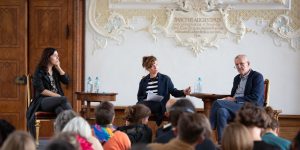
Panel III: Deep Journalism, Information and Misinformation in the age of Artificial Intelligence
Renata Schmidtkunz (DE), Walter Ötsch (AT), Marta Peirano (ES)
Which potentials and risks does the increasing automation and handling of information processes entail? Can we develop sensitive strategies for our data in digital space?
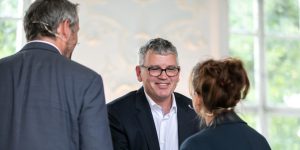
Panel II: AI, more than a technology
Renata Schmidtkunz (DE), Markus Poschner (DE), Douglas Eck (US), François Pachet (FR)
AI is expected to open many new possibilities for creators, not replacing them but assisting and supporting their work. Even more so we see big expectations for the businesses related to the distribution of music. What are the consequences and implications? What kind of new business models can we expect? How will this affect the artists?
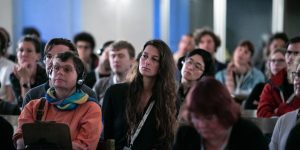
Panel I: Homo Deus
Renata Schmidtkunz (DE), Josef Penninger (AT), Sophie Wennerscheid (DE)
Renata Schmidtkunz hosts four panel discussions in the summer refectory, prominently featuring Josef Penninger, Sophie Wennerscheid, Oliviero Toscani, Amanda Cox, Markus Poschner, and others. The topic is dedicated to the role of science and research, which initially had to confirm a religious view of the world, then was subordinated to economic rationality, and now, in the dawning age of AI, is reorienting again. Social acceptance in relation to current AI research will be discussed. Another focal point of the panels will be the new artistic possibilities opening up due to AI applications, which also lead to a variety of novel business models or issues with copyright regulations.
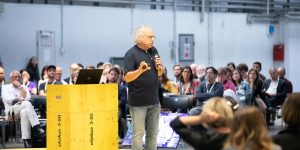
Humanizing AI
FRI 6.9. | 18:00 – 19:30 Technology and the economy are presented with the important task of making sure that we won’t lose our humanity on our journey from automatization to autonomization. In this panel we dive into the debate of how the leading developers can make sure that AI systems stay humane, fair and responsible.

STARTS Talks
FRI 6.9. | 17:00 – 18:00 At the STARTS Talks the STARTS Prize’19 winners will present their approaches and perspectives, their working methods and the results they achieved.
